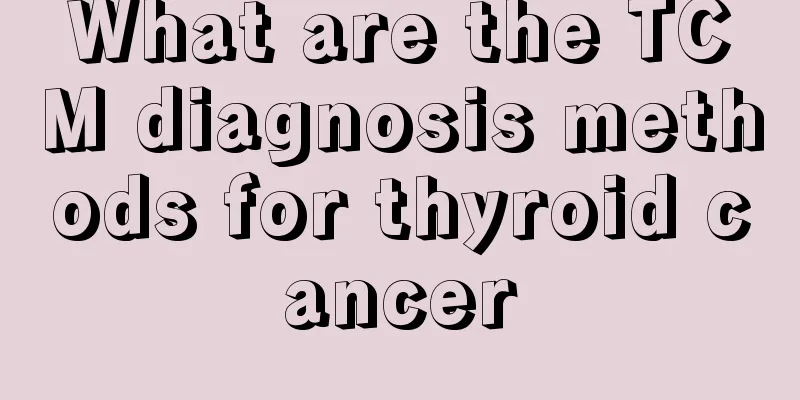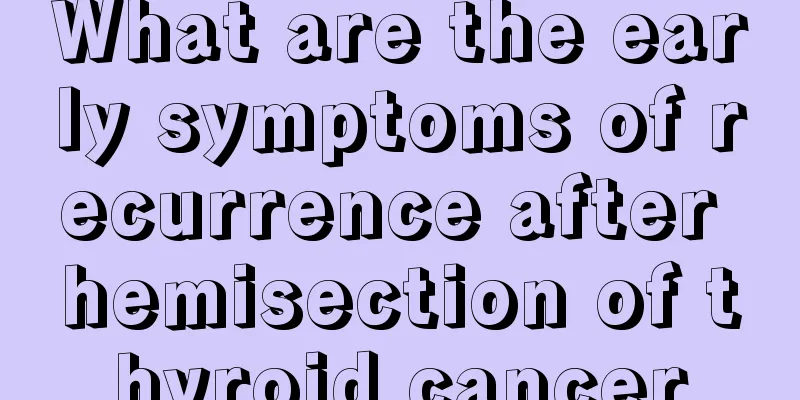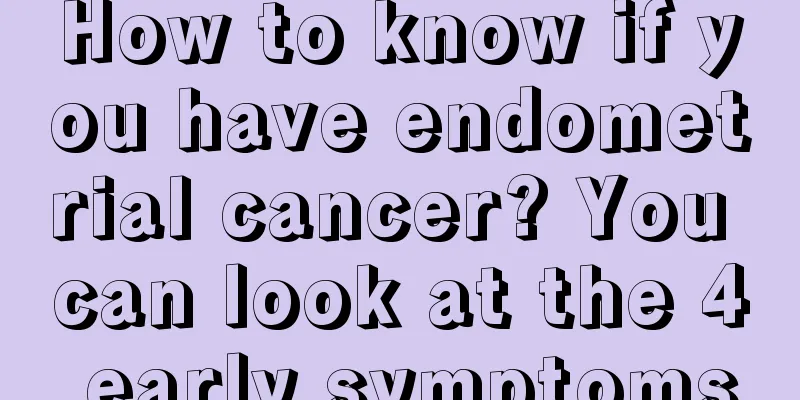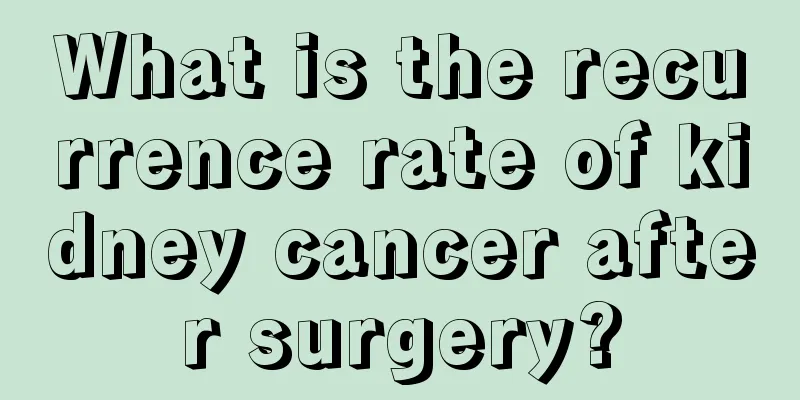What are the TCM diagnosis methods for thyroid cancer

|
In diagnosing thyroid cancer, TCM mainly relies on the idea of syndrome differentiation and treatment, and uses methods such as inspection, auscultation, questioning, palpation, and pulse diagnosis to identify the cause and location of the disease. TCM starts from the holistic concept and believes that the internal organs, meridians, qi and blood of the human body are interconnected and interact with each other. Therefore, when diagnosing thyroid cancer, it will start from the overall situation of the patient and emphasize syndrome differentiation and treatment, that is, formulate an individualized treatment plan based on the patient's specific condition. The details are as follows: 1. Inspection: Chinese medicine practitioners carefully observe the patient's complexion, expression, tongue coating, tongue shape, etc. to judge the rise and fall of yin and yang in the body, the condition of qi and blood, the location of the lesion, etc. In the case of thyroid cancer, inspection may reveal lumps or swelling in the neck. 2. Olfaction diagnosis: Chinese medicine practitioners may determine the body's dampness, heat, blood stasis, etc. by smelling the patient's body odor. For thyroid cancer, the characteristic body odor of blood stasis may appear. 3. Medical consultation: The Chinese medicine doctor will ask the patient in detail about his symptoms, medical history, lifestyle habits, etc. to understand the development and changes of the disease. For thyroid cancer, common symptoms may include neck lumps, coughs, hoarseness, etc. 4. Palpation: The doctor can determine whether the thyroid gland is enlarged and hardened by touching the neck and thyroid area. 5. Taking the pulse: Taking the pulse can help you understand the patient's physical condition, such as the strength or weakness of the pulse, whether it is sinking or floating, etc., so as to determine whether there is deficiency of both Qi and blood, or deficiency of the liver and kidneys. Thyroid cancer is a serious disease. To diagnose and treat thyroid cancer, a variety of methods should be combined, such as medical history inquiry, physical examination, ultrasound, blood tests, biopsy, etc., to determine the type, stage and treatment plan of thyroid cancer. Patients should seek medical treatment for diagnosis and treatment in a timely manner. |
<<: Should I go to the gastroenterology department for colorectal cancer?
>>: The three most feared signs of advanced liver cancer
Recommend
What tests are needed for gastric cancer
Gastric cancer is a disease that people are very ...
What are the common symptoms of gallbladder cancer
Gallbladder cancer is a type of cancer. Experts s...
How big is the largest stone
Stones are a common disease in clinical medicine....
Can brainstem infarction be cured?
The symptom of brainstem infarction is difficult ...
Let's talk about the treatment of lymphoma with traditional Chinese medicine
There are many treatments for lymphoma, such as s...
Is leg soreness due to breast cancer metastasis?
Leg soreness due to breast cancer is generally no...
Can thyroid cancer cause tooth numbness?
Thyroid cancer can cause tooth numbness, which ma...
Remember: Dietary principles for bone tumors
Patients with bone tumors should not only take go...
What foods are incompatible with peppers
Although chili peppers contain the dreaded capsai...
Early symptoms of lateral sclerosis
Muscular atrophy is a very common disease in life...
How long does it take to get lung cancer if you start smoking at the age of 15
It is impossible to directly determine how long i...
How to wash clothes if diesel gets on them
There are still some diesel cars on the streets. ...
What ointment should I apply to prevent mouth blisters
Mouth blisters are often caused by getting inflam...
What to do if your eyes are allergic to pollen
Eye pollen allergies often cause pain and itching...
There are many small red spots on the buttocks
As summer approaches quietly, our bodies are pron...









